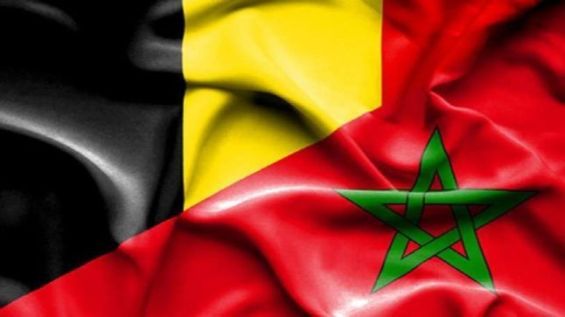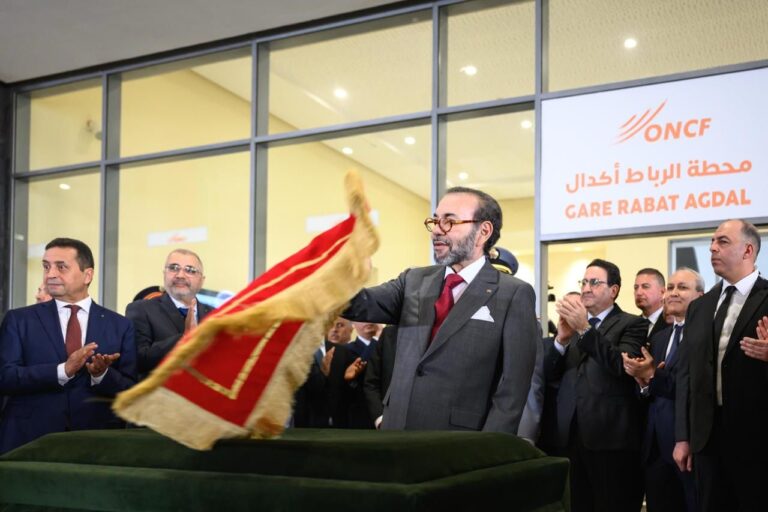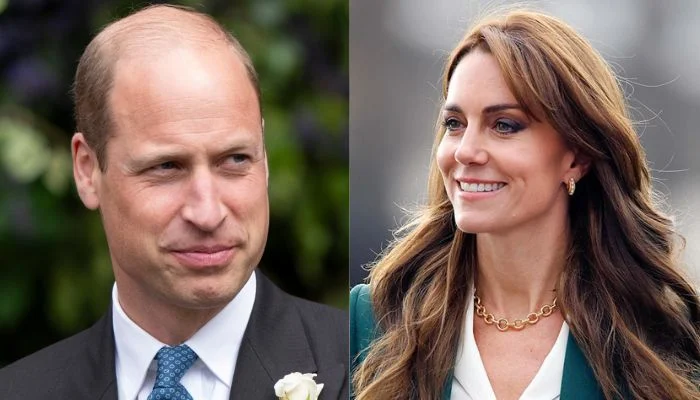
Saturday, October 5, 2024, 10:54 AM
Brussels – In the wake of the recent Court of Justice of the European Union (CJEU) decision regarding the agricultural and fisheries agreements between the European Union and Morocco, Belgium has reaffirmed its steadfast support for the strategic partnership between the EU and Morocco. This move underscores Belgium’s dedication to preserving and deepening the bilateral relationship that has been pivotal to both the EU and Morocco.
On Saturday, the Belgian Ministry of Foreign Affairs, Foreign Trade, and Development Cooperation took to its official X account to issue a statement reiterating Belgium’s firm commitment to fostering continued friendship and collaboration between the EU and the Kingdom of Morocco. “Belgium reiterates its commitment to the friendship and strategic partnership between the EU and Morocco and will continue to work towards its deepening,” the statement read, signaling Belgium’s diplomatic backing for Morocco during a critical juncture in its relationship with the EU.
The statement from Belgium follows the CJEU’s ruling on the agricultural and fisheries agreements that have long been a key element of EU-Morocco relations. The ruling, which comes amidst legal disputes brought forth by the Algeria-backed Polisario Front, has prompted mixed reactions across Europe. However, key European leaders, including Belgium, have stood firmly by Morocco, emphasizing the importance of honoring agreements and maintaining strong ties between the EU and Morocco.
In a gesture of solidarity with the Kingdom, Belgium expressed its full support for a joint statement issued by Ursula von der Leyen, President of the European Commission, and Josep Borrell, High Representative of the European Union for Foreign Affairs and Security Policy. Both EU officials reaffirmed the European Union’s commitment to preserving and strengthening its close relationship with Morocco, in full accordance with the principle of pacta sunt servanda—the idea that agreements must be honored.
The EU-Morocco partnership has been vital in various areas, including trade, security cooperation, and regional stability. The agricultural and fisheries agreements are particularly significant for both parties, forming the backbone of their economic ties. These agreements enable the EU to import agricultural and fisheries products from Morocco, while Morocco benefits from preferential access to the European market, driving economic growth and development. The agreements also play a role in supporting Morocco’s broader ambitions for sustainable development and regional influence.
Belgium’s statement reinforces the idea that while legal challenges may arise, the political and diplomatic commitment to maintaining and enhancing the EU-Morocco partnership remains unwavering. As one of the EU’s closest and most strategic allies in North Africa, Morocco has been a critical partner in addressing shared challenges such as migration management, counter-terrorism efforts, and climate change mitigation. The country’s strategic position and economic potential make it an indispensable partner for the EU’s broader geopolitical objectives in the Mediterranean region.
Moreover, Belgium’s support comes at a time when Morocco’s diplomatic influence has grown significantly on the global stage. Under the leadership of His Majesty King Mohammed VI, Morocco has played an increasingly prominent role in fostering peace and security across Africa and the Middle East. Belgium and other EU member states have recognized Morocco’s contributions to regional stability, especially in conflict-resolution efforts in Libya and the Sahel region, where Morocco’s mediation efforts have been critical.
By reiterating its support for the EU-Morocco partnership, Belgium is also sending a message of unity within the EU regarding the importance of this relationship. Despite challenges and legal complexities, Belgium and its European counterparts are committed to ensuring that the EU-Morocco alliance continues to thrive, benefiting both the European Union and Morocco in the long term.
Looking ahead, Belgium and other EU member states are likely to continue advocating for a pragmatic approach to EU-Morocco relations, one that emphasizes cooperation over confrontation and focuses on shared strategic interests. With strong support from countries like Belgium, the EU-Morocco partnership is poised to remain a cornerstone of Europe’s external relations, especially in addressing critical issues such as economic development, migration, and regional security.
As the EU works to navigate the complexities of its legal and diplomatic engagements, Belgium’s reaffirmation of its commitment to deepening its partnership with Morocco serves as a reminder of the enduring value of this relationship. In the face of legal challenges, the friendship and cooperation between the EU and Morocco continue to stand strong, offering a blueprint for future collaboration and mutual growth.
4o





